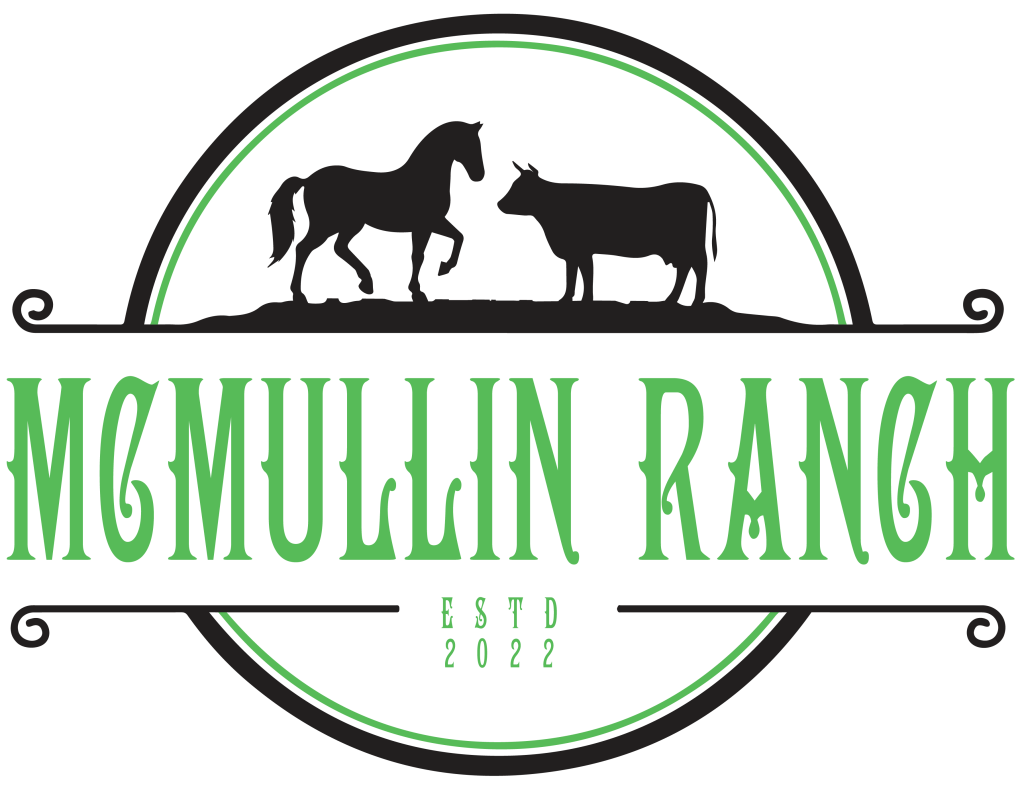Grazing management is a critical component of cattle ranching. Proper management of grazing can help to increase productivity, reduce costs, and improve the health of the land and cattle. In this blog post, we will explore the importance of grazing management in cattle ranching.
Productivity
Proper grazing management can increase the productivity of a cattle ranch. By rotating pastures, the grass has time to regrow, which can improve the overall health and quality of the grass. This can increase the carrying capacity of the land, which means more cattle can be supported on the same amount of land.
Cost Reduction
Grazing management can also help to reduce costs. By rotating pastures, cattle have access to fresh grass, which means they may not require as much supplemental feed. Additionally, by managing grazing, ranchers can prevent overgrazing, which can lead to erosion and decreased soil quality. This can save money on repairs and restoration.
Environmental Benefits
Proper grazing management can improve the health of the land and the cattle. By rotating pastures, the land has time to rest, which can reduce erosion and promote soil health. Additionally, by managing grazing, ranchers can promote the growth of native grasses, which can help to prevent the spread of invasive species. This can improve the overall health of the ecosystem.
Animal Health
Grazing management can also improve the health of the cattle. By providing access to fresh grass and reducing the risk of overgrazing, cattle can receive the proper nutrition they need to maintain their health. Additionally, by rotating pastures, cattle are less likely to contract diseases and parasites that can be present in stagnant or overgrazed pastures.
Quality of Products
Proper grazing management can also improve the quality of the products produced on the ranch. Cattle that are provided with high-quality, fresh grass can produce better-quality meat and milk. This can improve the reputation and profitability of the ranch.
Long-Term Sustainability
Proper grazing management is essential for the long-term sustainability of a cattle ranch. Overgrazing and mismanagement can lead to decreased productivity, increased costs, and even the loss of land. By implementing sustainable grazing practices, ranchers can ensure the longevity of their operation.
Conclusion
Grazing management is a critical component of cattle ranching. Proper grazing management can increase productivity, reduce costs, improve the health of the land and the cattle, improve the quality of products, and ensure the long-term sustainability of the ranch. By implementing sustainable grazing practices, ranchers can promote a healthy ecosystem and a thriving operation.
